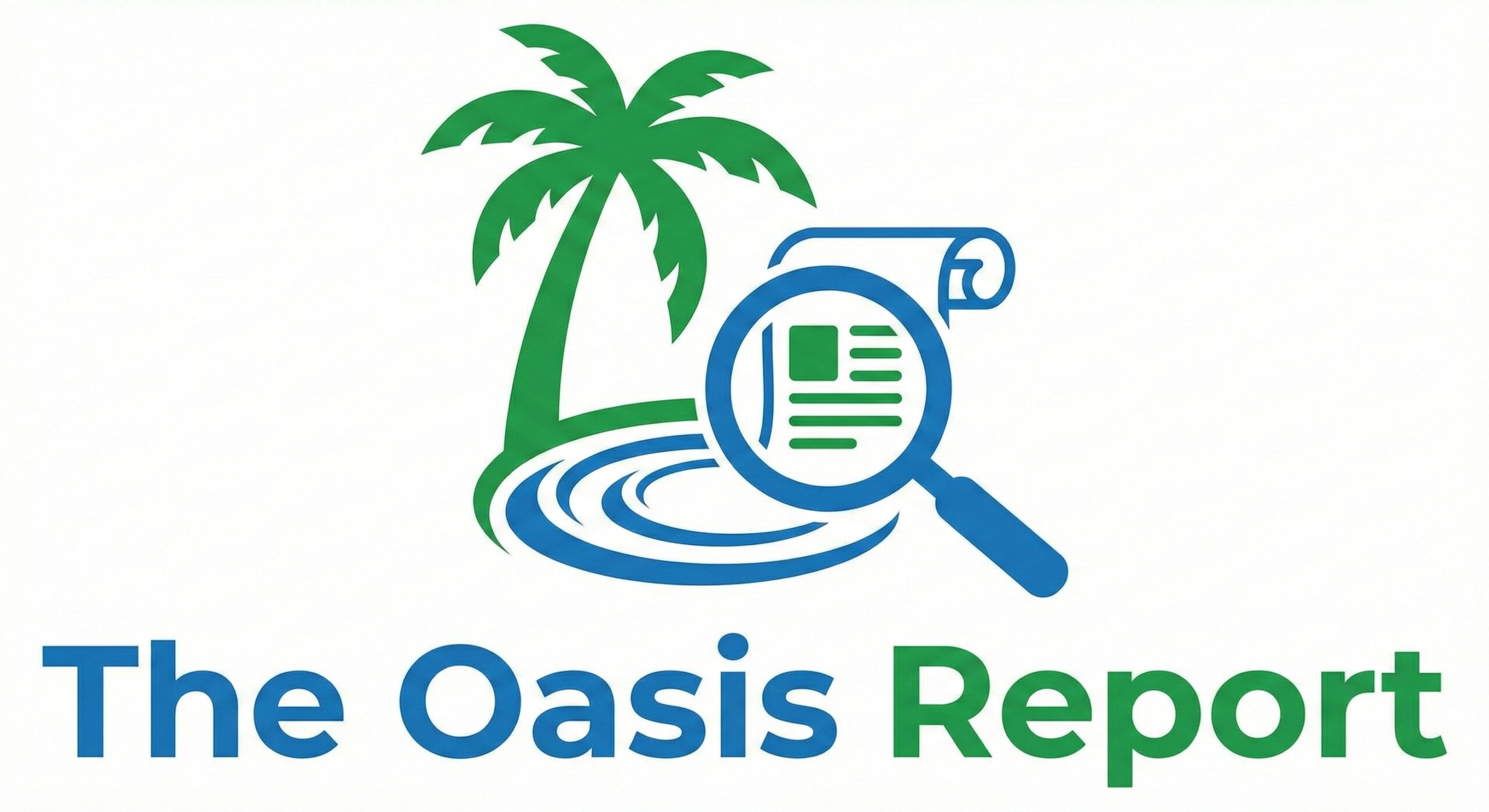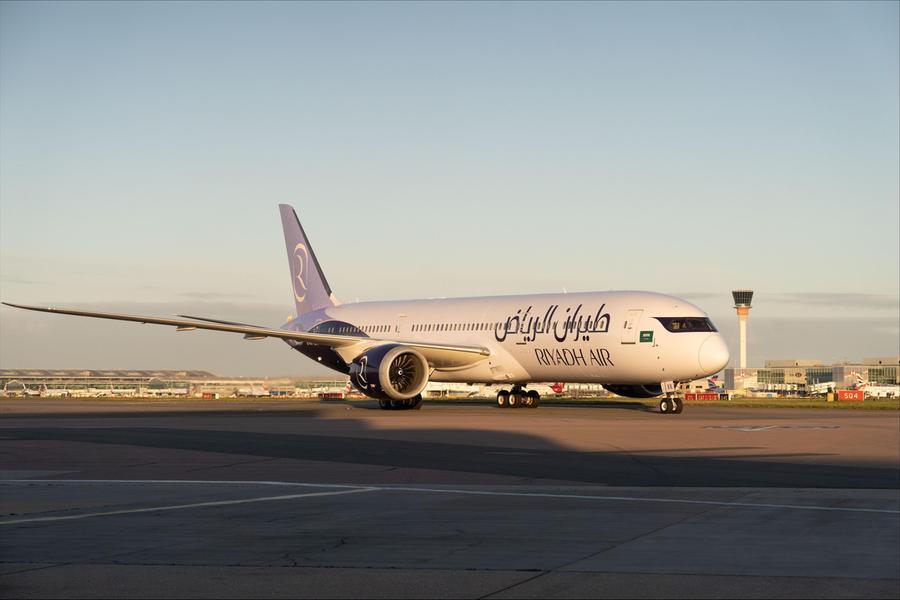Riyadh Air, the world’s newest airline from Saudi Arabia, and Mastercard have announced a bold strategic partnership that will bring together payments, travel and technology to reshape the way people and businesses experience global travel.
The partnership will introduce a series of powerful innovations across consumer payments, premium airport experiences and next-generation B2B travel payments, placing Saudi Arabia at the forefront of the global travel evolution.
The Saudi airline said in a statement that with no traditional programs in place, Riyadh Air is uniquely positioned to jointly build an unprecedentedly extensive financial and payments ecosystem from day one.
As the new national airline of the Kingdom of Saudi Arabia, with a strong commitment to being digitally native, this partnership will see the launch of Riyadh Air branded MasterCard credit cards and prepaid cards.
Designed to turn everyday spending into extraordinary travel, the card enables cardholders to earn flights, upgrades, lifestyle benefits and special experiences, all seamlessly integrated into the Riyadh Airways ecosystem. Scheduled to be rolled out to Saudi Arabian residents in the second half of 2026, the Digital First Card will be fully integrated into Riyadh Airways’ mobile app, allowing guests to easily apply for, activate, manage and track benefits in one place.
A new era of seamless, reward-driven travel
“This partnership reflects Mastercard’s role in creating meaningful solutions and paving the way to smart, secure and seamless payments,” said Dr. Dimitrios Dosis, President, Eastern Europe, Middle East and Africa, Mastercard.
“Together with Riyadh Air, we are building an integrated, digitally native ecosystem that delivers value at every touchpoint – for guests, travel agents, airlines and hospitality partners, while strengthening Saudi Arabia’s role as a global travel hub.”
“Our close collaboration with Mastercard clearly reflects our commitment to becoming a digitally native airline, as well as our strong confidence in our future trajectory. It will enable us to build a seamless, digital and clearly differentiated travel experience,” said Adam Boukadida, Chief Financial Officer of Riyadh Air.
“We are fortunate to be in a very unique situation where we can implement many different solutions simultaneously, from integrated payments and benefits to premium airport experiences and innovative virtual payment solutions. This collaboration allows us to offer exceptional journeys to our customers around the world,” he added.
Modernize travel transactions with B2B payment solutions
Beyond the guest experience, Riyadh Air is also the world’s first airline to introduce an airline-branded virtual card program to settle travel transactions.
Through this streamlined payment solution, Riyadh Air will provide increased efficiency, security and coordination to travel intermediaries around the world, while unlocking new growth opportunities across the travel value chain.
To foster a culture of learning, experimentation and innovation, Mastercard and Riyadh Air will establish a joint Center of Excellence, a platform to design, test and scale new solutions, leveraging disruptive technologies and real-world use cases.
Focused on agent innovation, sharing data insights, and upskilling the next generation of talent, the hub will enable Mastercard and Riyadh Air to quickly respond to market needs.
Driving the rise of Saudi Arabia as a global travel hub
As economic diversification, infrastructure investment and tourism growth accelerate demand for travel to and from Saudi Arabia, this partnership supports Saudi Arabia’s momentum by modernizing capital flows and enhancing the end-to-end travel experience.
According to Mastercard’s Travel Trends Report 2025, Riyadh is seeing a rapid increase in passenger numbers, reflecting Saudi Arabia’s acceleration as a global travel and business hub.
Strategic investments are driving job creation and business mobility, and world-class tourism and leisure infrastructure is reshaping the Kingdom’s attractiveness for international travelers. -TradeArabia News Service
Copyright 2026 Al Hilal Publishing and Marketing Group Provided by SyndiGate Media Inc. (Syndigate.info).


